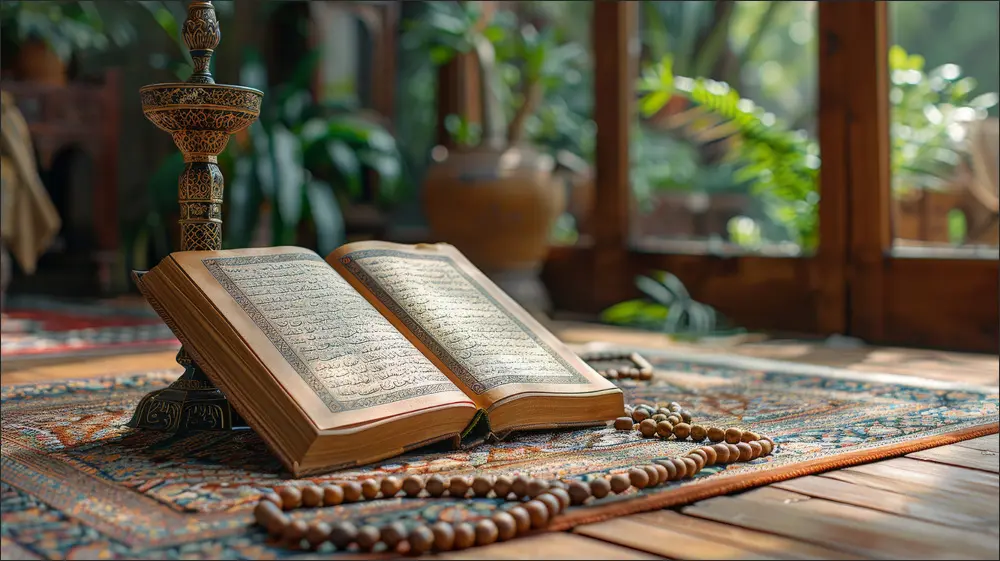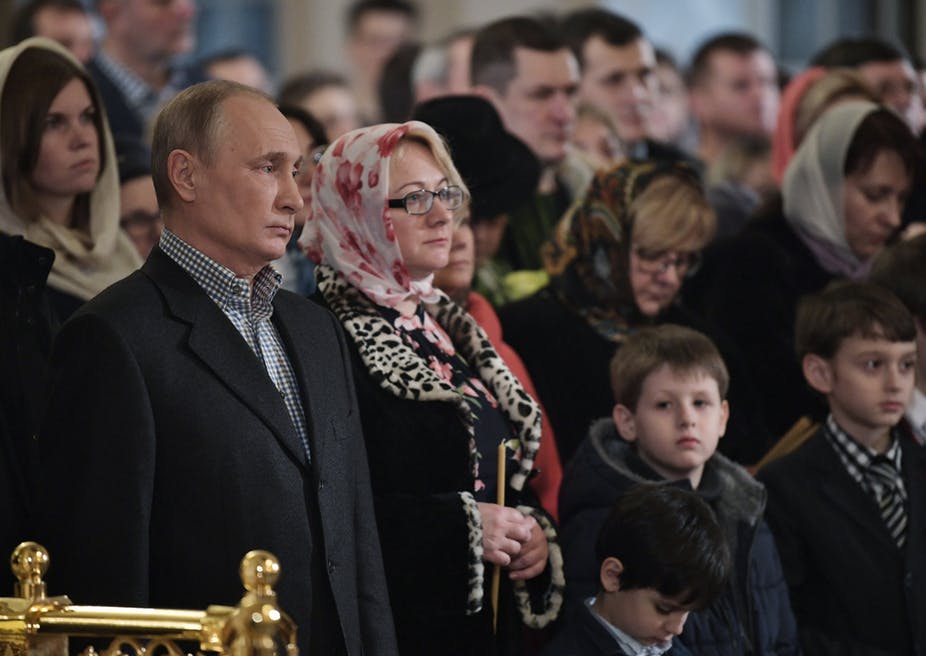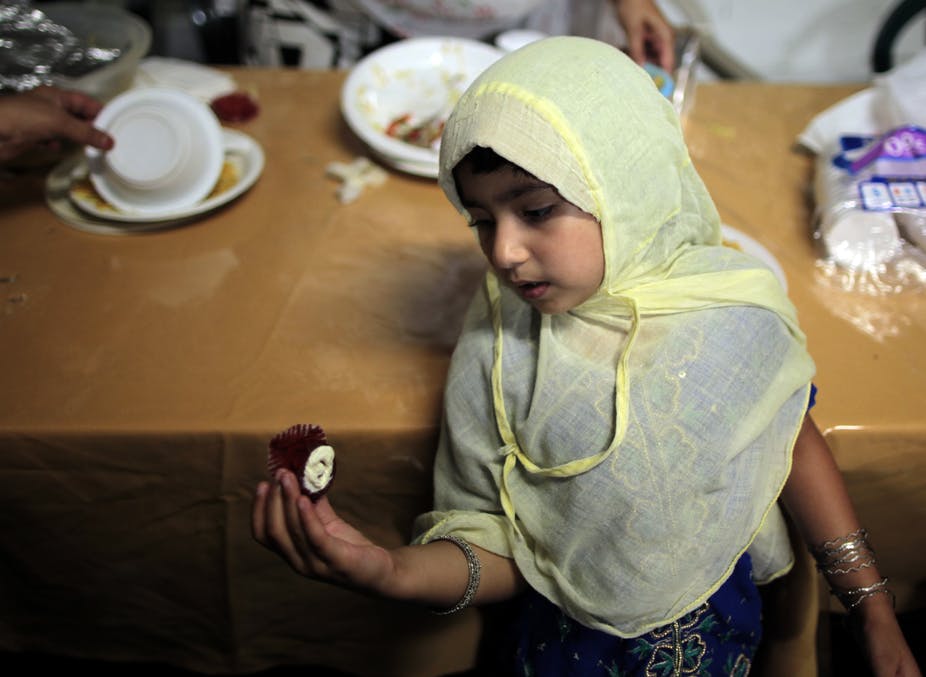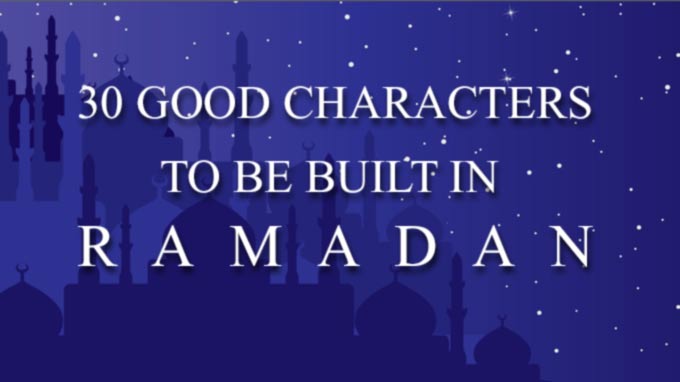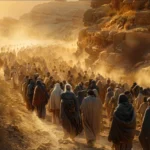Pierre Chiartano
It is an open secret among Muslims that modernizing Islam will be impossible until Saudi Wahhabi influence over all Muslim countries doesn’t stop. And until Riyadh’s Western allies decide to end the Saudi Arabia Felix reality cover-up, just for cynical interests. To understand the problem a simple example could be useful. CR7, Ronaldo football player is the star for Italian supporters as well public executioner is for Saudis. The ball and the shining blade, dropping blood are the icons of such different realities that – in the case of Riyadh – doesn’t emerge politically and is not in the mainstream media frame just for trivial interests.
The Jamal Khashoggi case was just the victim that was under the spot of international light. It was “gruesome murder” carried out inside the Saudi consulate in Istanbul in an operation that had been planned for several days beforehand, according to a Turkish version. Ankara’s attitude to pursue the truth outperformed Western politicians and media behavior. Some experts said it is Erdogan’s will to lead the Muslim world that pushed the Turkish attitude, while several journalists are held in jail in Turkey. Perhaps so, but this was a sign of the West’s fragility. Many others are shadow victims of a heinous regime that pay respectability with a lot of money to media, universities and to States.
You may be interested
The middle-age Riyadh attitude is no longer to be hidden. Even US President Donald Trump and UK Prime Minister Theresa May are being urged to intervene in the case of a Saudi Arabian student who won a place at a US university, but faces beheading for protesting against the government in the gulf state. Mujtaba’a al-Sweikat was due to start studying at Western Michigan University but was arrested in 2012 at a Saudi airport as he was about to fly to the US, aged just 17. We could have hundreds of examples.
Jamal Khashoggi is just a catalyzer of a long-standing situation. Hollywood invented the myth “the show must go on” – however, when Scarlett Johansson noticed that Saudi Crown Prince Mohammed bin Salman was a repressive and morally corrupt national leader, she rejected funding from him for her next film, which is directed by Ridley Scott and in which she would play Pulitzer prize-winning photojournalist Lynsey Addario. But why has the real face of Riyadh been exposed only now?
The main problem over these post-Arab revolution years is, as by-product, that it has produces a reaction – “ultra-fundamentalism” could take the shape even of secularist activism, already in a really bad shape all over the developed world. “Bedouin” Wahhabism (Gulf Style) and “secular” radicalism are faces of the same coin and produced a dangerous stand still in post-revolutionary period. Both are rusty religious/cultural tools coming from the past and both have no viable answers for the present. Despite the fact that North Africa and the Middle East have had in the recent past and present several qualified academics, thinkers, clerics and philosophers with the right answers to bring Islam into “modernity”. But since the post-World War Two period, politics and the general culture have not been a fertile ground for them. Socialism and communism suggested that the “religion file” should be erased; Egypt’s Nasserism did more, it used Islam’s conservatism and radicalism one against the other: divide et impera. As well as all regional regimes did. Furthermore, the Wahhabi foundations, rich of petro-dollars, has shaped the public and academic image of Islam since the Thirties of the past century, even in Western Universities, with publishing activities and funding scholarships, establishing madrasses, TV networks around the Muslim world and charity assets, promoting and supporting studies for poor people. As a consequence, nobody took care about a reform of Islam. Those who could lead this project just fell in the shadow corner of political and cultural society or worst. Then came a turning point that became a game changer: the “Six Days War”. This conflict was read in a different way in Western and Muslim countries. The former, simply translated the military and political outcome: Israel was a mighty country that the West could rely on in a Cold War era. For Muslims instead, the translation was very different. That was the defeat of a secular regime (Nasserism) by a Religious State (Israel). Since that moment, radical movements have risen again and fundamentalism in several declinations has taken roots and strength in Arab societies.
In Western media, we are used to being surprised when we find some Muslim thinker, usually from the past and generally a Sufi, that wrote about Islam, listing common values with the Occidental civilization. That because of the near-total ignorance about Islam history and the modern record of Muslim reformist scholars.
Apologizing for the limits of this shortcut list, I can quote just some of them, like Tunisian neo-reformist Mohamed Talbi and his concept of “membership” in Islam and the “acceptance of the others”. He did more. Talbi suggested to de-construct the sharia monolithic stance based on umma and igma; the Egyptian modernist Muhammed Said Achmaoui with his book Al Islam al Siyyasi (The Political Islam) a critic to the political use of religion, based on a new interpretation of Alì Abd al-Raziq. Basically he stated that Islamist movements pretend to use a “Muslim political theory” that never existed. Again a Tunisian modernist as Mohamed Charfi with his book Islam et Liberté (2001) tracks a way that makes it possible to match Islam and modernity as the other two monotheistic religions did. The Sudanese reformist Mahmud Muhammad Taha and his The Second Message of Islam, that was the reason of his death sentence in 1985.
Now the little and still fragile Tunisian “democracy” is taking a great burden on its shoulders. It is the country that ignited the so-called Arab Spring and the only one where things have not turned wrong yet. Tunisia could become a local actor (as well as Egypt even if in really bad shape due to the al Sisi regime). A restart that shed light on Turkey, the old leading partner of the Muslim Brotherhood political project, now struggling to rebuild a sound international and regional stance. The European Union’s selfish attitude due to single member state interest (France) explains the stall and the mess in Libya’s stabilization. But it also explains the old fashion policy of Europe, strongly influenced by its past and its present. The past is the secularist approach of political culture; the present is the huge economic interest to put the “religion” file in a box if not erase it.
There is a global stream that pushes people to rely more on God than in bad rulers and politicians. There is global disappointment about corruption and spreading social inequalities. Populism and Sovereignism didn’t come out of underwood like mushrooms. And it seems clear that the old establishment has no tools to deal with. Furthermore, the arrogance showed by establishment elites is fueling the rising of social discontent and even rage in the USA, Europe and in their proxy states in Africa, Middle East and Asia.
Indonesia is a good example about the wrong way to deal with new socio-political dynamics. Nusantara (the old name of Indonesia) is a twofold instance, according to which side you choose to see. There was a big economic jump thanks to a good interpretation of globalization that allowed the establishment of a wealthy middle class. However, this economic boost happened mostly in the metropolitan area of Jakarta, where there is a good standard of life even in the districts on the metropolitan outskirts, as well as in a few other cities. Sumatra, for instance, is an underdeveloped area, and it was hit by a devastating tsunami in 2004. Rural areas are generally poor. A World Bank report shows that roughly 1 percent of the population in Indonesia holds 50 percent of the country’s economic assets. It is useful to remember that Indonesia is the world’s 16th largest economy, bigger than that of the Netherlands and Saudi Arabia and falling only four positions bellow Russia. Another key point is economic assets. Nahdlatul Ulama Secretary-General Yahya Cholil Staquf (interviewed in 2017) stressed the heterogeneity of society as another key point of this Garuda two-face. There are several social layers, from Westernized and secular to local grounded in Islamic orthodoxy, and there is no communication between them. If a Gulf-style Wahhabi attitude of Islam started to lead public debates, such as what has begun on social networks and now even inside several clusters of society, there is risk of civil clashes. Yannis Wahid, the daughter of a former president and director of a Wahid foundation, once said (in 2017) “Now the debate is in black and white. If you love the Quran, you have to be against Ahok [Jakarta Governor Basuki Tjahaja Purnam, charged with blasphemy]”. She quoted Jakarta’s governor, one of Jokowi’s men, who was targeted by Muslim protestors in 2016 due to some careless comments on the Quran. It is clear that, behind the scene, there are political moves to use the religious struggle for geostrategic purposes, for instance, that match with some local political interests.
China is the greatest competitor of the Unites States and has been pursuing a comprehensive anti-access/area denial capability, but it is not yet able to project its military power at sea and far from the mainland. At the same time, most of Chinese supplies and commercial trades take the sea ways instead inland routes. It follows that the international trend with 90% of trade taking the route of sea. The revamped “Silk Route” initiative, till now, is more of a wishful thinking than a reality. China is also the first world ship builder in deadweight tonnage. And shipping is the life blood of global economy. That is the reason, among others, why China has an absolute need to control the South China Sea area and find an alternative route to the Malacca Strait’s choke point, both at sea and sponsoring the construction of a new water way through an inland channel. Sonda strait has limitation for ship size, while Lombok needs more days of navigation. These are some of the reasons why confrontation has been taking place at sea and Indonesia will count as piece of the China’s containment project.
In the mind of some sick political “gnome”, radicalized religion could help – in the short time – to stop China’s penetration in Indonesian society and economy. It is foolish because to manage a very complex situation with old tools (like in the 60ies or 70ies) could only drive to a disaster, destroying a wonderful community and the smooth and harmonious attitude of its beautiful people. The West looks blind, or accomplice, and is not helping any endeavor to allowed Islam to enter into modernity. It seems more interested to show the bad and heinous face of religion to erase it and build a better and meek global consumer, who is bent to market needs.
Pierre Chiartano is a contributor of Blitz. He is Producer at Rai1 TV and Senior Analyst at the Institute for Global Studies.

